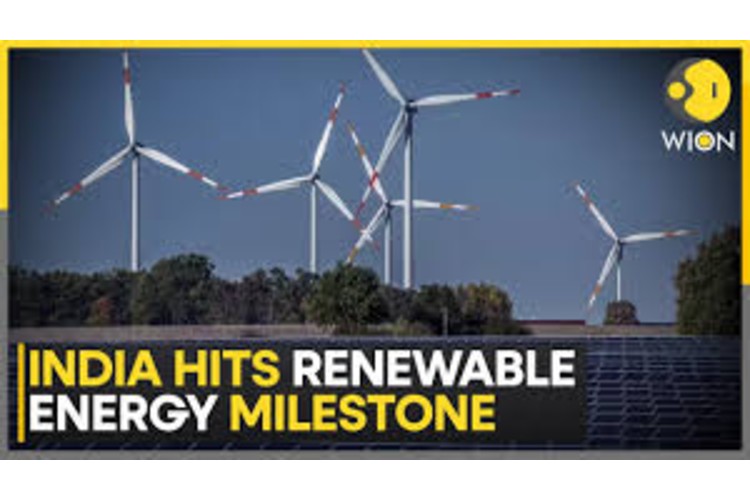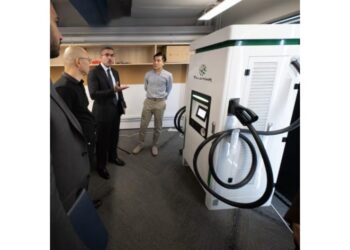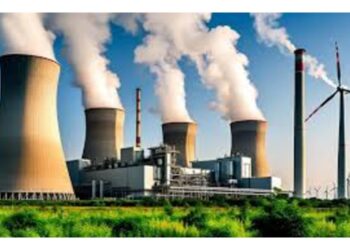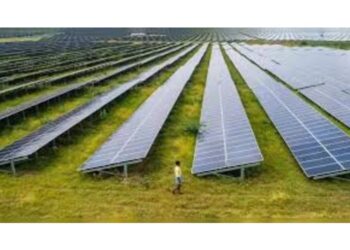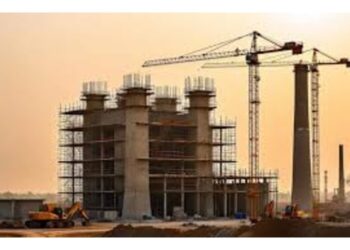India has achieved a significant milestone in its energy transition by reaching 50.08 per cent of installed electricity capacity from non-fossil fuel sources.
This marks an early achievement of its nationally determined contribution target which aimed to reach 50 per cent non-fossil fuel capacity by 2030. The government attributed this progress to the consistent policy and regulatory support extended under various schemes such as PM Kisan Urja Suraksha evam Utthaan Mahabhiyan, PM Surya Ghar: Muft Bijli Yojana, the solar park scheme, and the National wind-solar hybrid policy. These initiatives have helped scale up deployment of decentralised and utility-scale clean energy systems. Going forward, the focus will be on expanding per capita access to clean electricity, especially in rural areas, through efficient appliances and distributed renewable systems. The roadmap also highlights the importance of a digitally integrated power system, battery and pumped storage, and a circular approach to infrastructure. The role of digitalisation and artificial intelligence will be key in forecasting, grid integration, smart metering, and electric vehicle management, while also increasing the need for robust cybersecurity.


